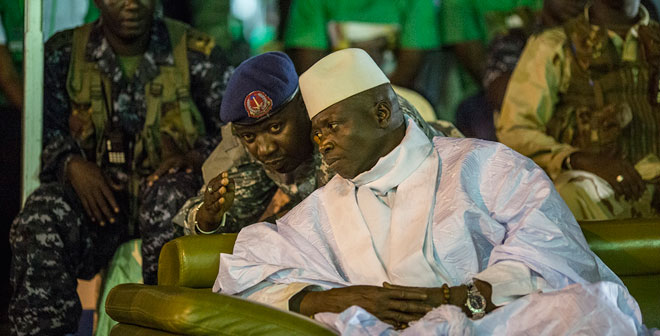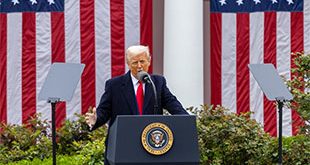
James Courtright | AFRICAN ARGUMENTS | How do you dismantle over two decades of repressive and corrupt governance in order to build a fresh democratic system? That’s the challenge currently facing The Gambia.
Since Yahya Jammeh lost the 2016 elections and finally relinquished power under regional pressure in January 2017, the new government of President Adama Barrow has been trying to heal the deep scars left by the former dictator’s 23-year-long dictatorial rule and establish a “new” Gambia.
The administration has a lot to do. Under Jammeh, a series of constitutional amendments made criticism of the government essentially illegal. In the judiciary, the president chased talented officials from the Ministry of Justice and appointed foreign “mercenary judges”. The National Assembly became a rubber stamp parliament that approved anything the president put before it.
At the same time, Jammeh wielded the much-feared National Intelligence Agency (NIA) and paramilitary force known as the Jungulers to sow fear through unlawful killings, torture and arbitrary detention. To protect against possible challenges, he divided the Armed Forces by constantly moving soldiers around and filling the top ranks with loyalists.
“He knew that if the security sector was well organised, it could be a force against him,” says Dr Ismaila Ceesay, a professor of political science at the University of The Gambia. “It was better to divide the security sector to foster mistrust amongst everyone.”
#Gambia: President Jammeh spent over two decades centralising power and sowing distrust. How do you rebuild a nation after that? https://t.co/oWIRs2Eq5Q pic.twitter.com/kqgBXA02j5
— African Arguments (@africaarguments) November 20, 2017
 The Independent Uganda: You get the Truth we Pay the Price
The Independent Uganda: You get the Truth we Pay the Price



